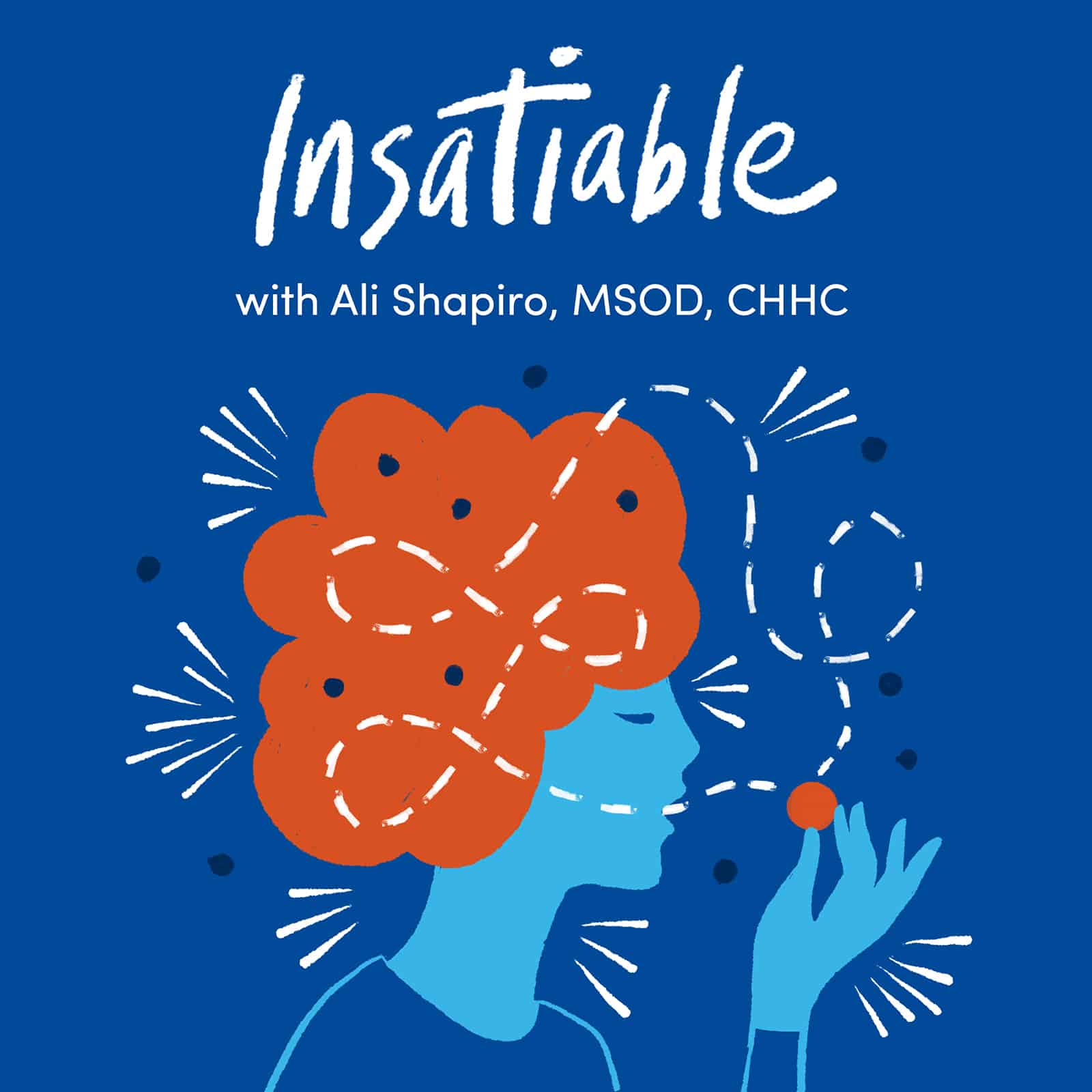On Tuesday, I shared the first two of five questions I suggested you use when evaluating the type of nutritional guidance to seek. Today I’m offering three more.
Truce with Food answers all five of these questions and more. I created it, because it is what I wish had been available when I finally realized rigidity and counting calories don’t work. The problem was there wasn’t a “one-stop-shop” for what I needed. For example, when I finally figured out what food I should be eating, I realized the exercise program I had used for almost a year was not the best for me.
Please allow me to save you time, energy and money on heading in many possibly wrong directions. It takes double the effort to backtrack!
Now onto the final three questions:
Is there a focus to help you change your lifestyle, and how exactly is the program defining lifestyle?
Lifestyle brands, especially those associated with exercise programs like P90X, are trendy. But meaningful lifestyle change isn’t about buying branded clothing or food. Genuine lifestyle change is about changing how you see yourself. For example, in my “Curb Your Afternoon Cravings” program, a participant commented, “I had an impressive turn-away from an afternoon carb today. Actually sampled ‘fro yo’ at the mall and walked away. Maybe a first for me!”
Realizing she was able to naturally make the healthy choice, she began to question her “story” that she loves food in a bad, I’m-weak kind of way. She also was thoughtful about when these cravings occurred. She will eventually become calm and confident around food choices as she receives the proper coaching prompts that interrupt her history with food. After our work together, most of my clients realize they actually do not care about food nearly as much as they originally thought.
Look for programs and practitioners that help you ask the right questions (versus calorie counts!) that enable you to come to your own conclusions, as that is the only place from which a new identity can emerge. You want a program that will make you self-reliant beyond the program and not dependent upon a formula. You can only feel in control if you truly are.
Does this plan/program take a big picture view of you?
Look for programs and experts that concentrate on healing your gut, blood sugar and emotions. Those are root causes for nearly all health problems and usually indicate a holistic approach. Beware of self-help oriented programs that tell you “it’s all in your mind”. They usually focus solely on changing how you think. But guess what? Your mind includes your body. Does the program reflect the idea that the body cannot be controlled, but rather should be understood?
One final note: holistic is now en vogue. I once met a doctor who thought she was “integrated” (often used interchangeably with holistic) because she shared a billing system with a nutritionist! Do some research to see if this program understands how all of you works together.
Can you be you?
Whether it’s a nutritionist, therapist, coach or doctor, it is well researched that one of the biggest indicators in your success is the relationship between you and the person with whom you are working. Is your coach someone who understands that change is not a black-or-white or flip-of-the-switch event but a process? It’s important you feel free to express your vulnerabilities, challenges and are comfortable asking questions. That, after all, is where the learning is!
Look for gentleness in the marketing. I would suggest softening to the possibility that catching your breath and easing-in is the way to go the distance on your nutritional goals. Look for language and people that nourish rather than promote the self-defeating “battle mentality”.
If you’re ready for a dieting ceasefire, join me in this round of Truce with Food.







Leave a Reply